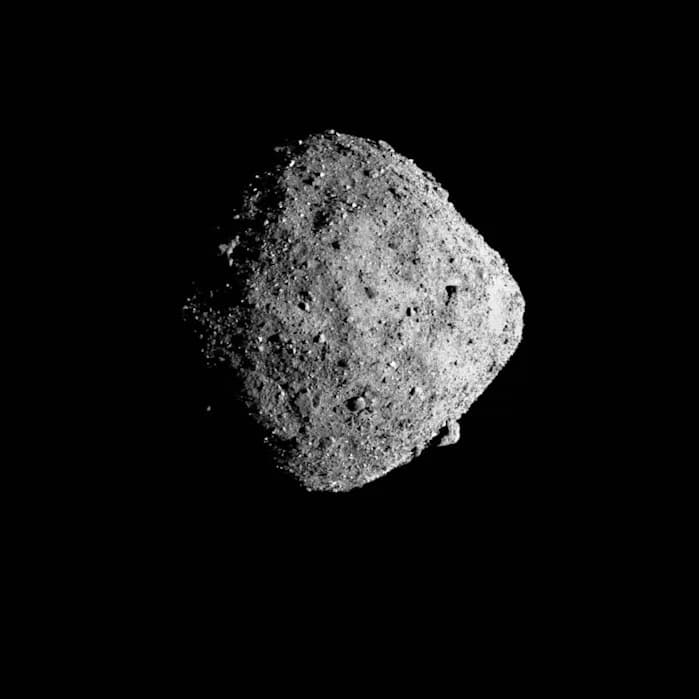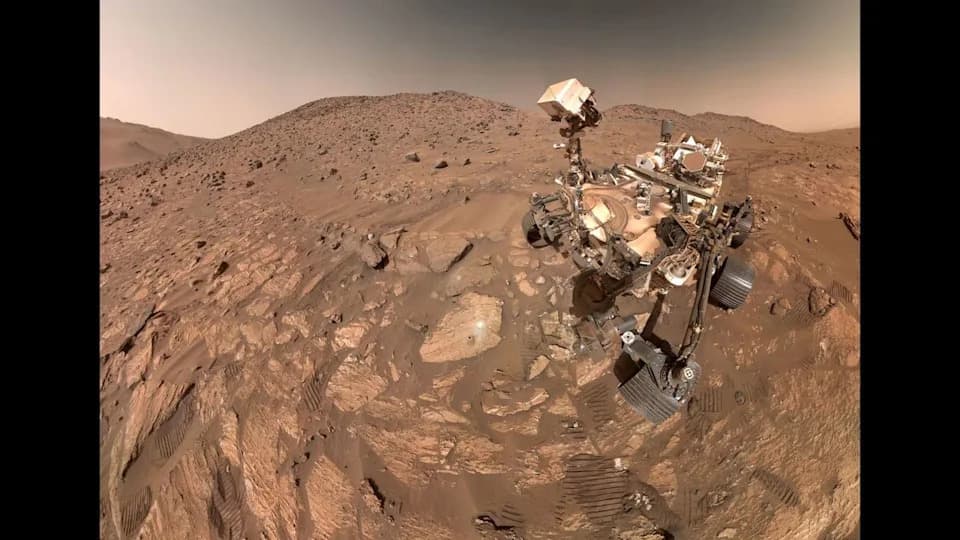ESA and Solar Foods are developing HOBI‑WAN, a compact bioreactor to produce Solein — a microbial protein powder — aboard the ISS using CO2, H2, O2 and nitrogen from astronaut urine (urea). The microbe converts gases into proteins, fats, carbohydrates and vitamins, including all nine essential amino acids, then is dried into powder. Solar Foods and OHB System AG will spend eight months miniaturizing and hardening the system for space. The technology also offers low-land‑use protein potential for Earth, where ammonia typically supplies nitrogen.
ESA’s HOBI‑WAN: Turning Astronauts’ Urine into Nutritious Protein Powder (Solein)

ESA’s HOBI‑WAN: Turning Astronauts’ Urine into Nutritious Protein Powder
Space offers breathtaking views, but feeding crews on long missions remains a major challenge. Early space travelers subsisted on pastes and liquids in tubes; today’s astronauts enjoy fresher, more Earth-like meals, yet resupply limits and microgravity still complicate menu planning for deep-space missions.
At NASA’s Johnson Space Center, the Space Food Systems Laboratory designs food, packaging and hardware to meet both nutritional needs and crew morale. Eating well in space is about more than calories — it supports psychological well-being on long, confined missions.
The European Space Agency (ESA) and Finnish company Solar Foods are testing a microbial protein called Solein, which can be produced from a few basic inputs — notably carbon dioxide, hydrogen, oxygen and a nitrogen source recovered from astronaut urine (urea).
Marketed as “protein out of thin air,” Solein is not plant- or animal-derived. Solar Foods grows an edible single-celled microbe in fermentation: the organism consumes CO2, H2 and O2 and synthesizes proteins, carbohydrates, fats and vitamins, including all nine essential amino acids. After growth the microbes are harvested and dried into a powder that can be used as a versatile protein ingredient.
ESA and Solar Foods are collaborating on HOBI‑WAN (Hydrogen Oxidizing Bacteria in Weightlessness As a source of Nutrition), an experimental, compact bioreactor intended for use aboard the International Space Station. Demonstrating protein production in microgravity would be a key step toward crew autonomy on missions where regular resupply is impossible.
“This project aims at developing a key resource which will allow us to improve human spaceflight’s autonomy, resilience and the well-being of our astronauts,” said Angelique Van Ombergen, ESA chief exploration scientist.
Over the next eight months Solar Foods and prime contractor OHB System AG will adapt terrestrial fermentation processes into a compact, autonomous unit sized to fit in a station locker. In orbit the bioreactor will be fed gaseous hydrogen, oxygen and carbon dioxide from tanks or potentially from recycled cabin air; crew-supplied urea will provide the nitrogen required for microbial growth.
Beyond spaceflight, Solein has Earth-side potential as a low-footprint protein source that does not require farmland; on Earth the process typically uses ammonia rather than urea as the nitrogen input. If successful, HOBI‑WAN could help make long-duration missions more sustainable while also informing alternative protein production back home.
Help us improve.




























